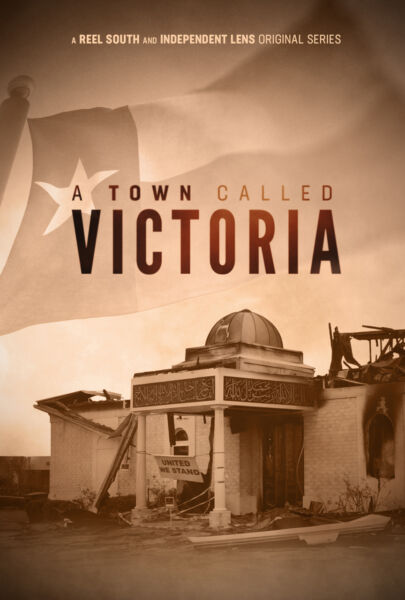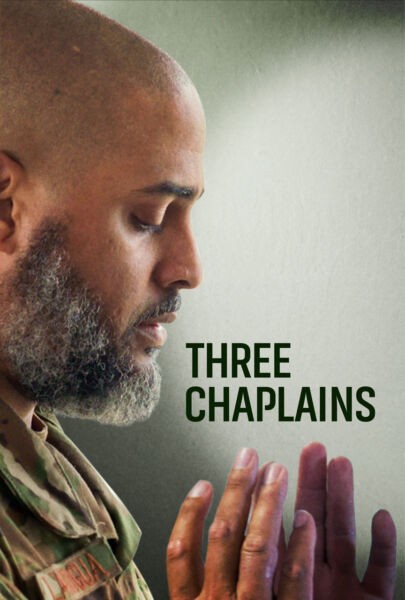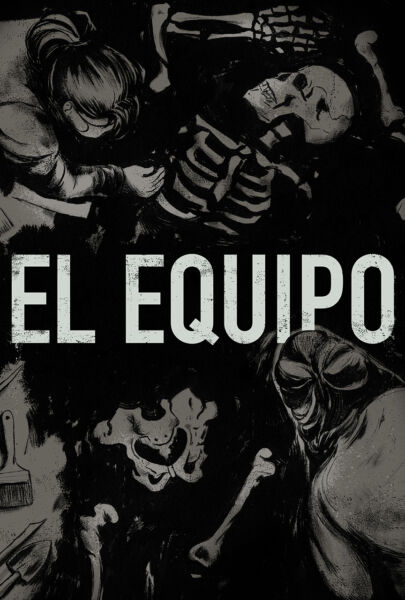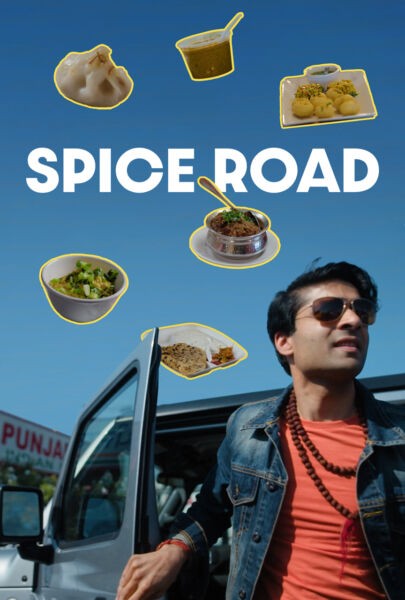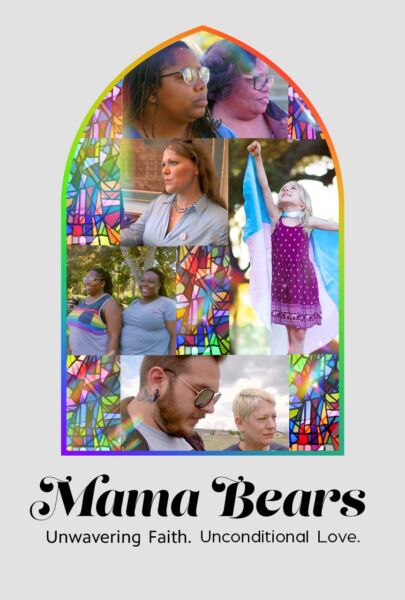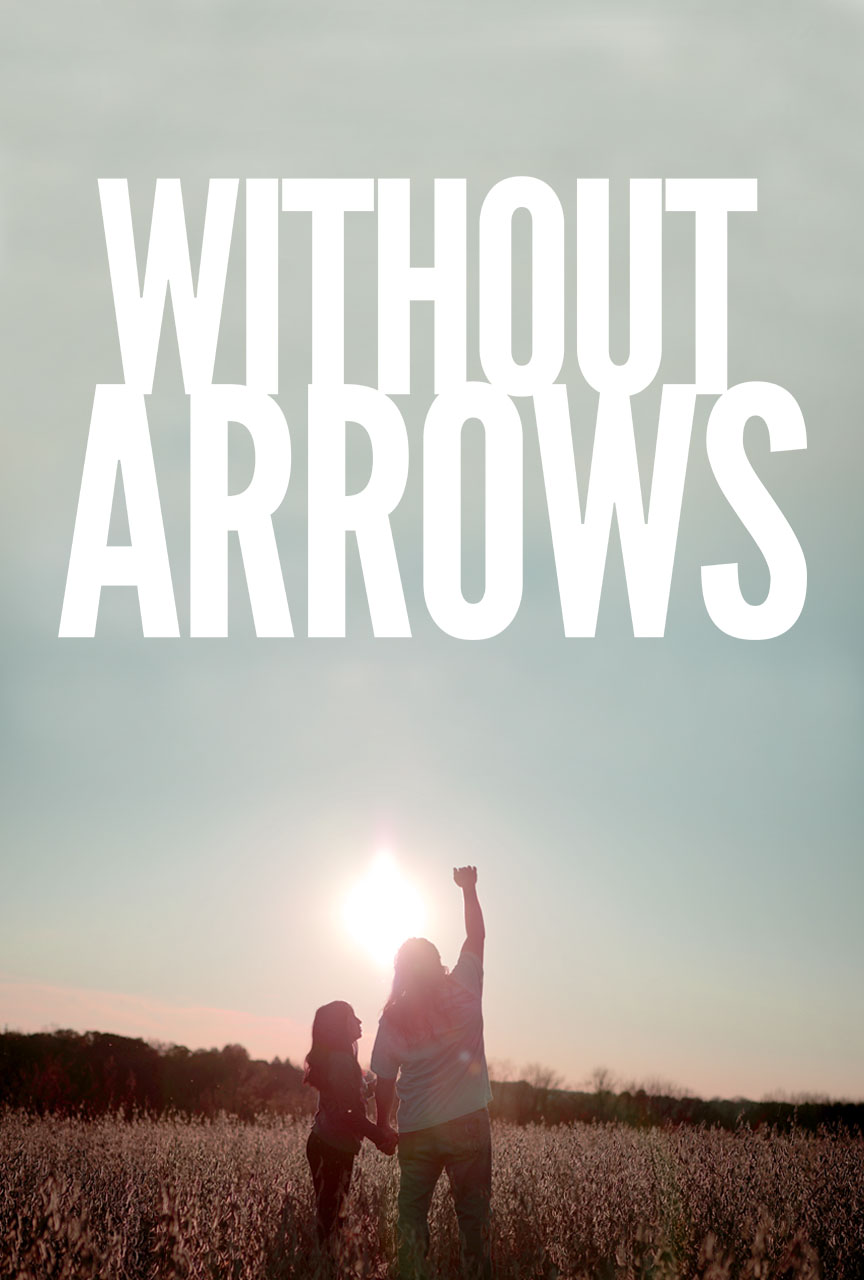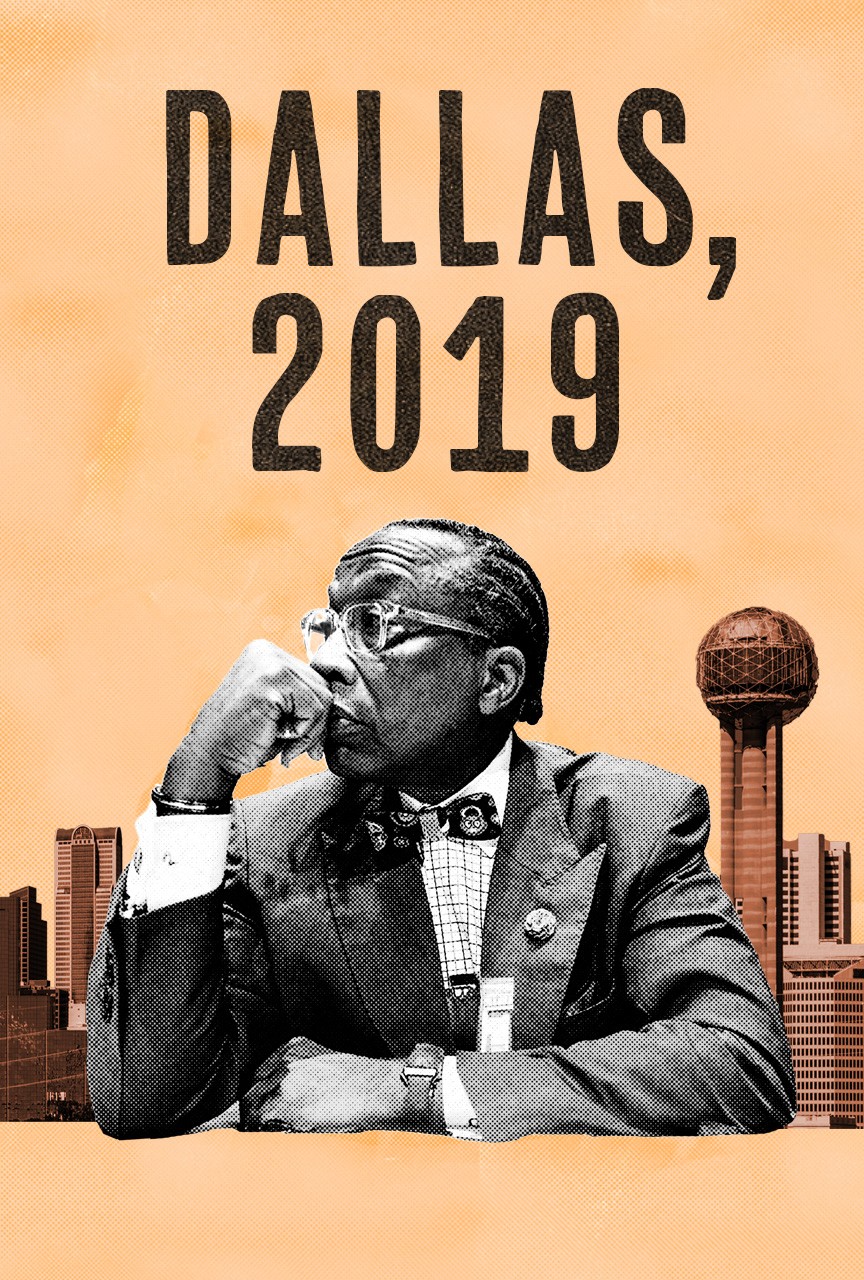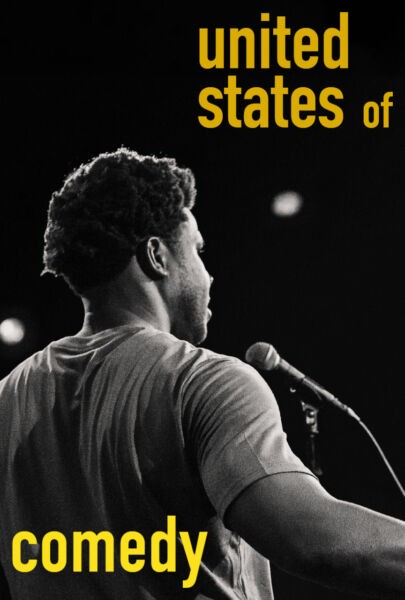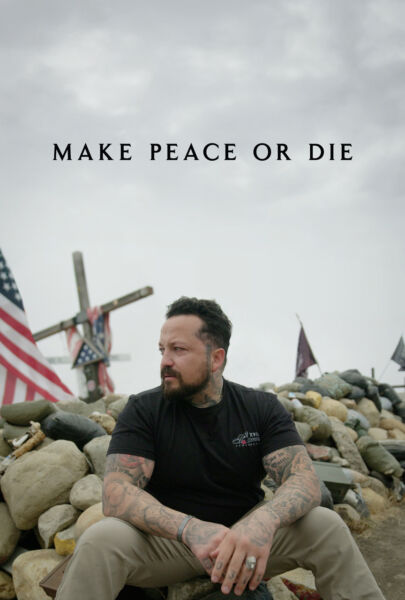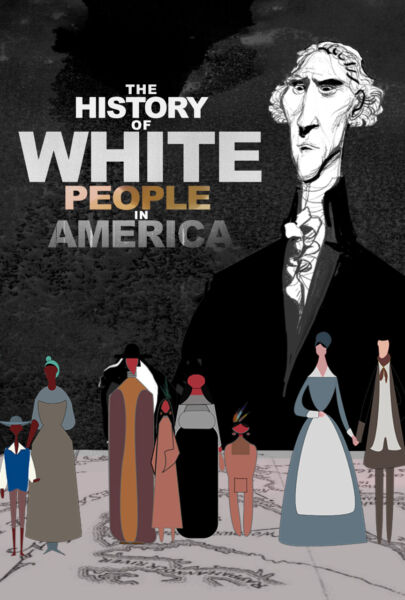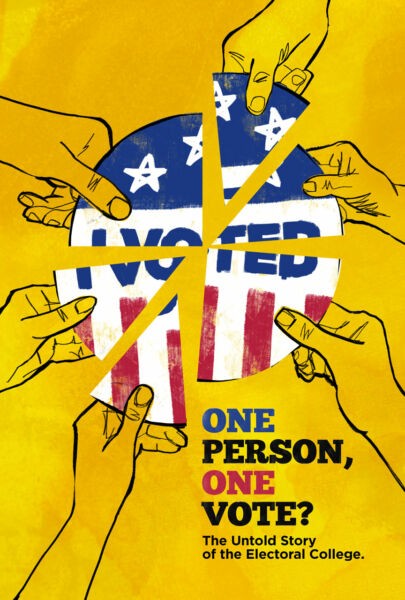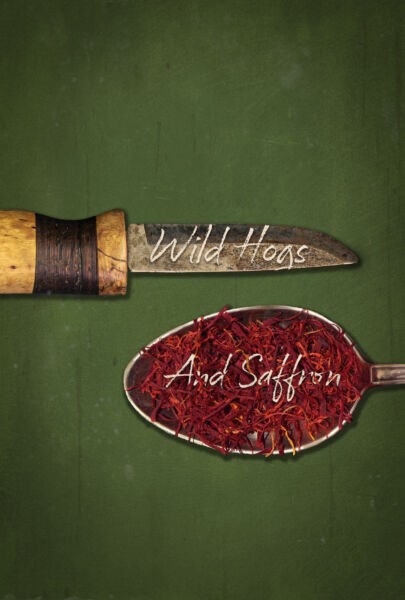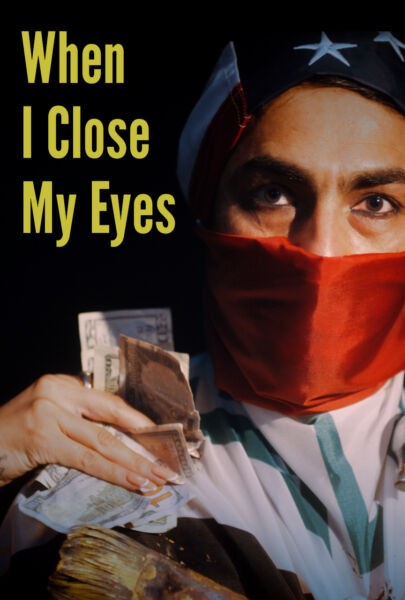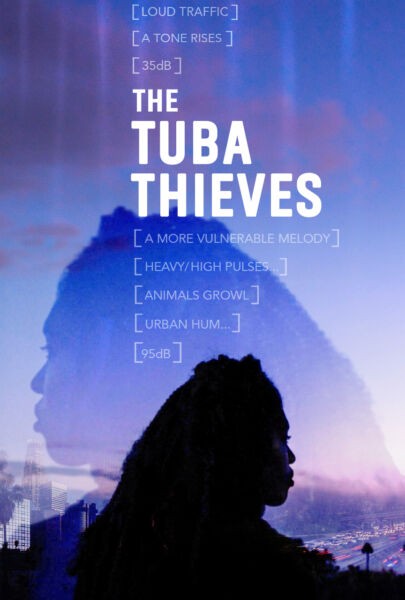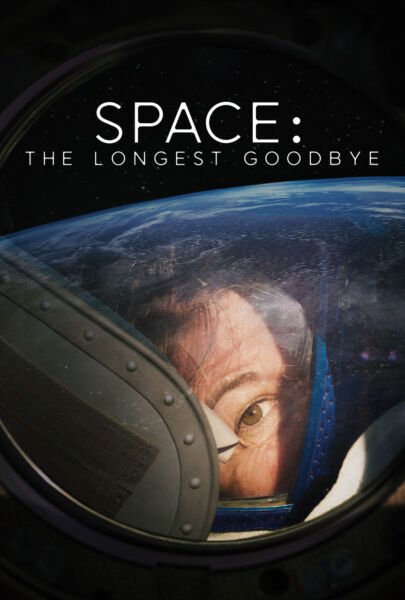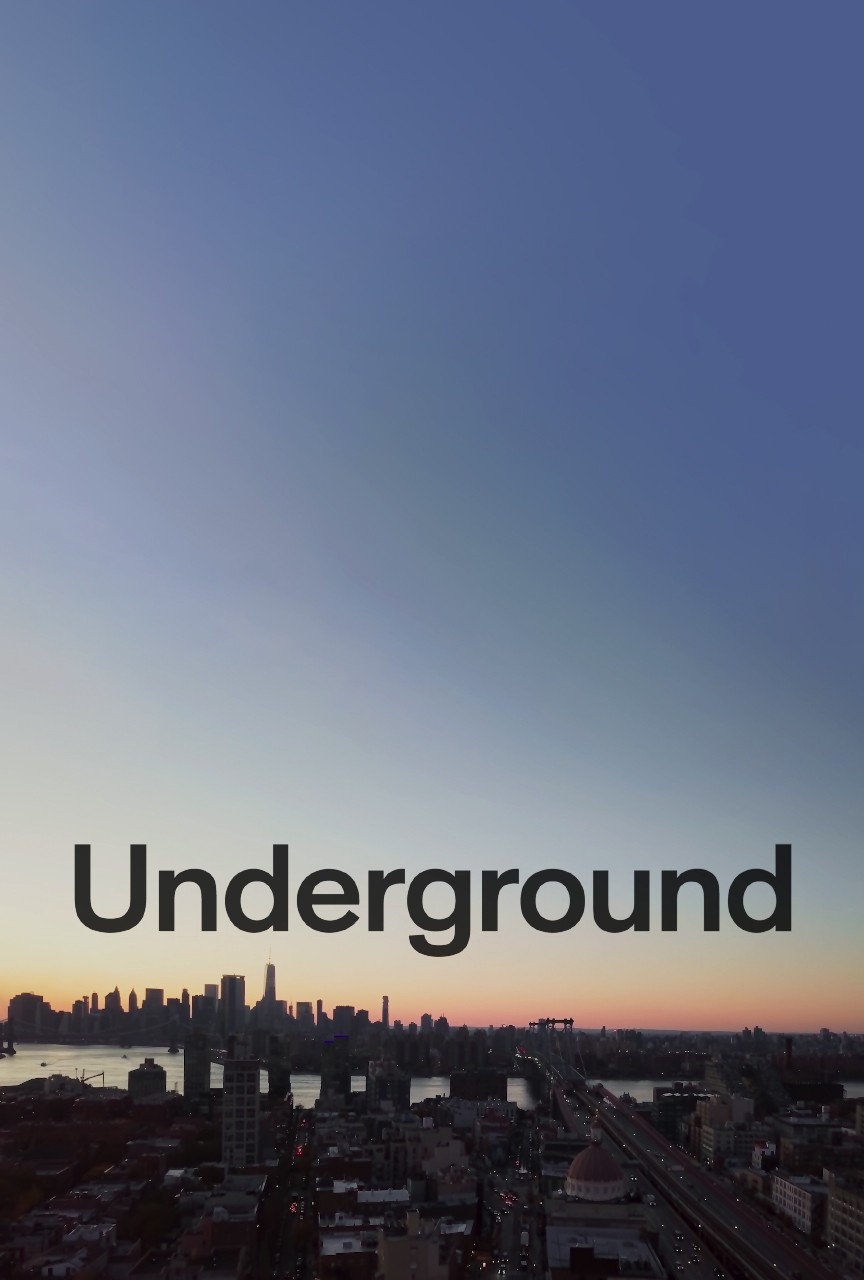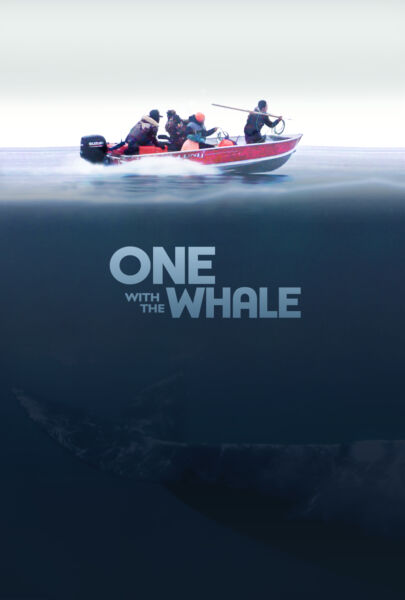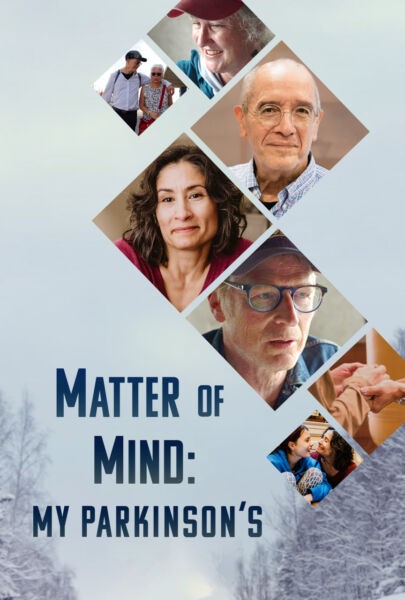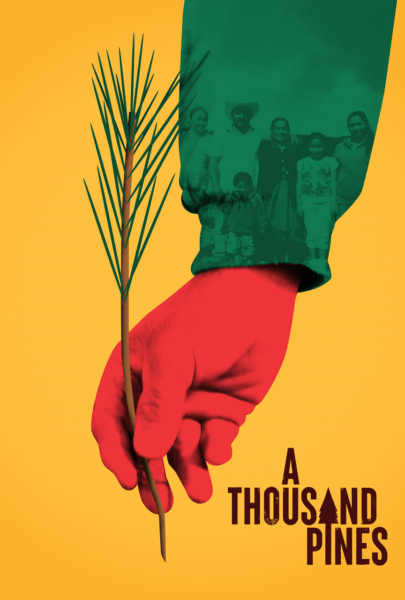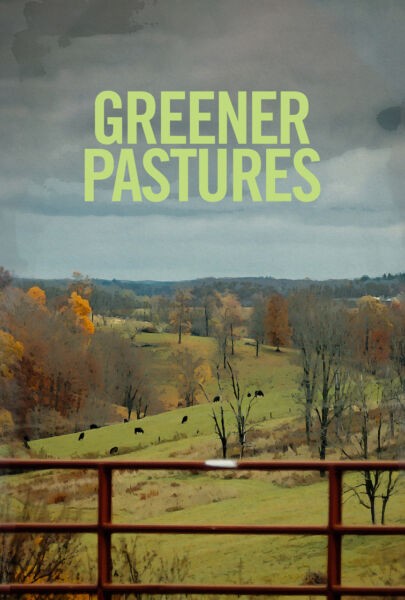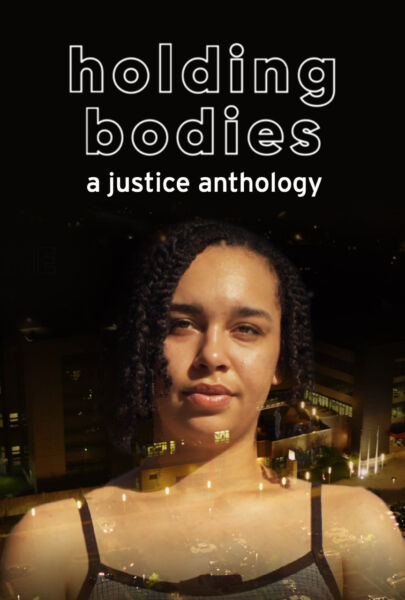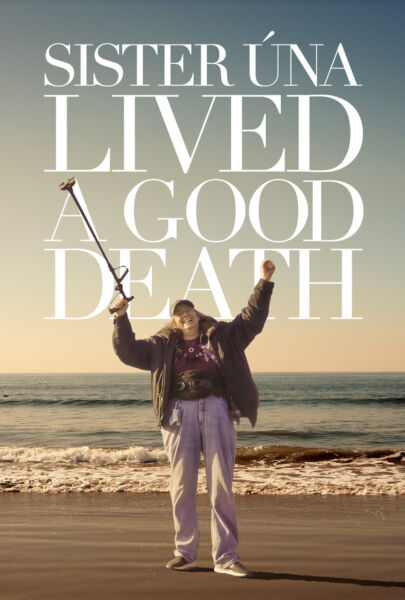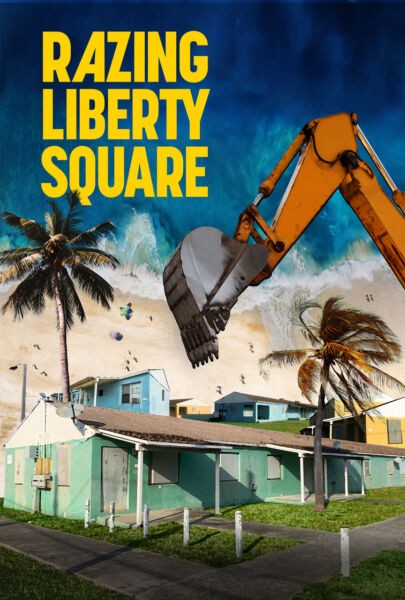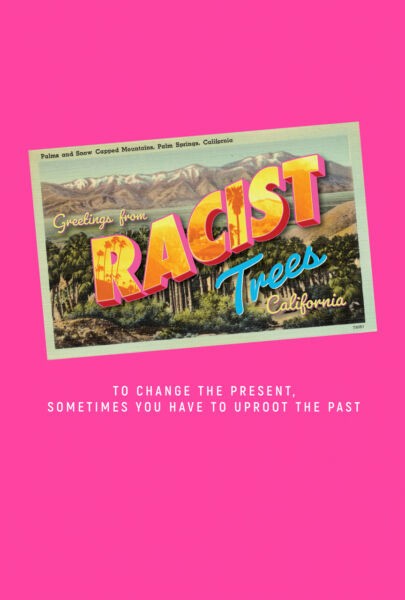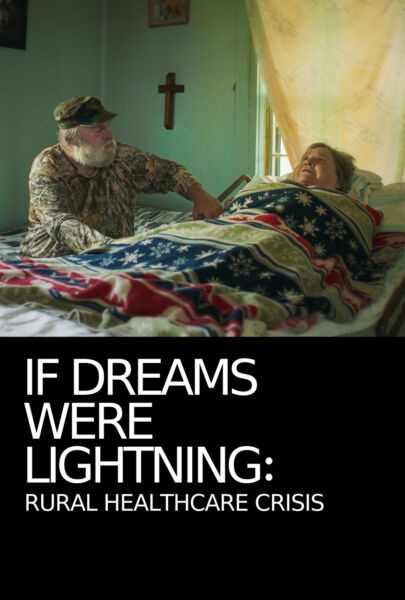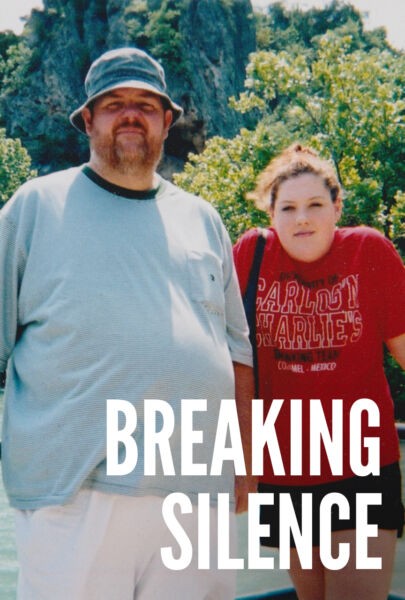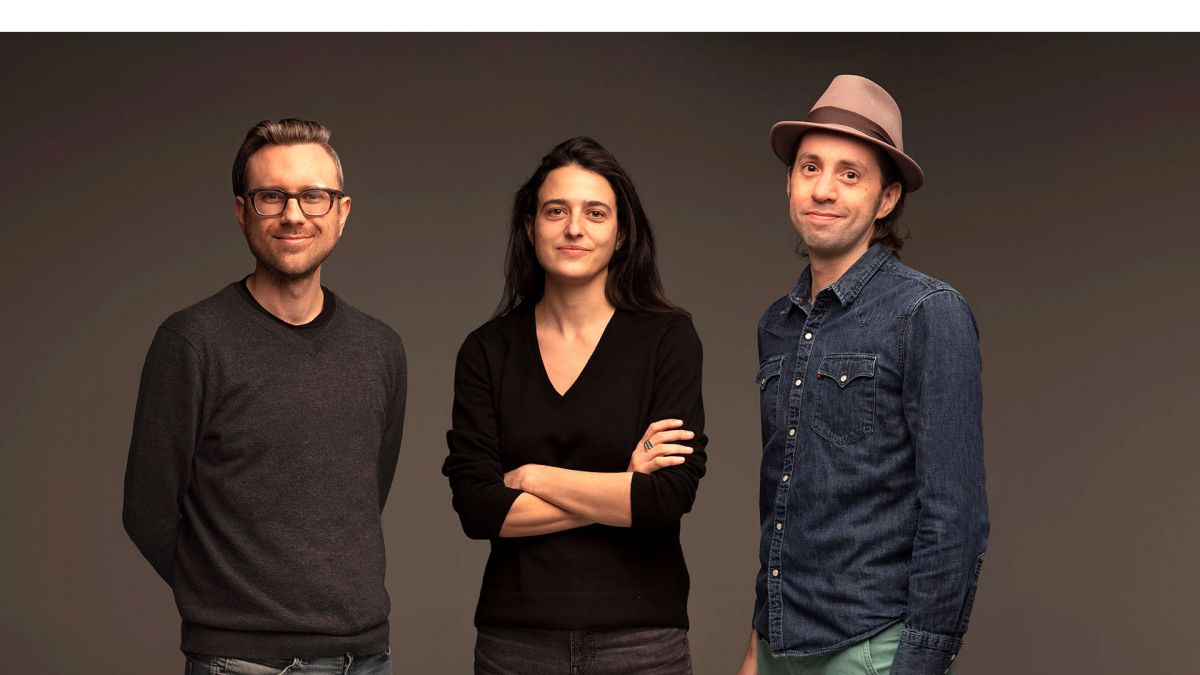
Philadelphia-based filmmakers Ted Passon and Yoni Brook, and producer Nicole Salazar, had to work as a well-oiled machine team to make an epic docuseries like Philly D.A. happen. Each one is an award-winning producer in their own right: Brook has twice won a Film Independent Spirit Award and co-directed the epic doc The Calling and directed A Son’s Sacrifice for PBS, which won Best Documentary Short at the Tribeca Film Festival; Salazar has been a producer and journalist for Democracy Now! and the Emmy-winning series Fault Line for Al Jazeera; and Passon, who was a Sundance Fellow, directed two episodes of the Netflix series Worn Stories. It took all their collective energies and abilities to produce such an ambitious, wide-ranging series.
Originally envisioned as possibly a feature-length film, the project quickly evolved into a sprawling, multi-character eight-part series embedded inside the long-shot election and tumultuous first term of Larry Krasner, Philadelphia’s unapologetic District Attorney, and his experiment to upend the criminal justice system from the inside out. In those eight episodes, Philly D.A. covers the most pressing social issues of our time—police brutality, the opioid crisis, gun violence, and mass incarceration—through the lens of an idealistic team attempting a fundamental overhaul from within the system.
After watching the first quarter of Philly D.A., TV critic Daniel Fienberg wrote in The Hollywood Reporter that the “first two episodes mark an extraordinarily promising start for the series, which boasts impressive access to Larry Krasner’s Philadelphia district attorney’s office and a nuanced approach that works hard to give this specific situation universal ripples.” Vulture‘s Kathryn VanArendonk called Philly D.A. “the second coming of The Wire, in docuseries form.” TIME magazine called it “an essential, remarkably balanced vérité-style account… packed with details that will surely be invaluable to policy makers, activists and academics.”
The trio behind Philly D.A. talked to us what inspired them to want to tackle this story, how they got such intimate access, and why PBS is the perfect home for it.
[Answers are by the team when not otherwise specified.]

Yoni Brook precariously filming “Philly D.A.” (Credit: Ted Passon)
What inspired you to make this series?
Ted: Three of my family members—my brother, cousin, and uncle—were all incarcerated at different points when I was young. It really complicated my childhood notion of prison being for “bad people” when I believed my family members were all good people who had made bad decisions. As I got older I began to understand that they all suffered trauma in their lives that impacted their decisions, and it seemed to me that prison failed to address those underlying issues.
I also began to understand that my family members, who are white, were privileged with benefits from the system, including shorter sentences. I realized the system was fundamentally racist. When I got involved in activism as an adult, Larry Krasner represented friends of mine who were arrested at protests. If you’re going to do civil disobedience it’s common to write a lawyer’s number on your arm in sharpie in case you get arrested.
In Philadelphia Larry’s number got written on a lot of arms. I had never actually met him until 2017 when I learned he was throwing his hat in the ring to run for District Attorney. It was hilarious! It didn’t seem at all possible that someone with his policy proposals and brash rhetoric could win. I knew there was a story in such longshot odds.
When he actually did win it was shocking, and it was obvious that the real story to be told was what would happen next. Most films about political candidates end on election night, but we wanted to know what was going to happen when he took over the institution that he had been fighting for over 30 years.
How one creates change in the world is a crucial question in these times, and we suddenly found ourselves with a front-row seat to record what might be a historic attempt at making change in the criminal justice system—or a total failure.

Nicole Salazar, at left, filming Captain Rodriguez and Philly Police (Credit: Yoni Brook)
Yoni: We first saw Larry Krasner speak in 2017, then a candidate for District Attorney in Philly. To see this defense attorney so forcefully critique the criminal justice system at a time when it was quite radical to do so was both jarring and exhilarating. Krasner was arguing for a kind of systemic change that seemed impossible in the face of vast institutional inertia.
We had to find out how far he would go, where it would all lead, and if this reform he was speaking of was actually attainable. By capturing all of this, we thought if nothing else, we could document people attempting change in real-time, whatever the outcome—sweeping success, cautionary tale, or something in between.
Nicole: After working so hard to gain access to these rooms where decisions were being made that impacted the lives of so many people we realized that we had the opportunity to bring the public into an institution they had never gotten to really see before. We felt a responsibility to the material that we were capturing.
A film would simply not do right to the richness of the content we had worked so hard to get. It became clear this had to be a series, one that depicted the wide range of power and discretion held by the D.A.’s office, the applications of that power, and the ways it impacts people.
How did you secure such wide-ranging access to the District Attorney’s office?
Everybody told us Krasner was crazy for allowing us in the door of the DA’s office—it’s a place known for secrecy. The ACLU refers to the D.A.’s office as the “black box” of the criminal justice system. As a career civil rights attorney, Krasner had no idea how to be the D.A. when he took office in 2018. We didn’t know how to make a series about a sprawling bureaucracy. We were both new at our jobs.
Our only plan was to just start filming and take it one day at a time. After his inauguration, we filmed him walking into the D.A.’s office for the first time, and then we just kept coming back every day. We never had an official press pass or even a designated minder. We became part of the furniture. We worked as a small team, no more than two people, one of us was shooting and another recording sound, and we just started talking to people and building relationships.
We always tried to make it clear that this was more than just a portrait of Krasner. The series is a way to show audiences around the U.S.—most of whom are probably unfamiliar with what a D.A. even does—the nuts and bolts of an institution that dictates a substantial amount of local policymaking.
We captured a wide range of perspectives and developed relationships with prosecutors in Larry’s office, his staff, law enforcement officials, judges, victims of crime, and people who had been directly impacted by incarceration or over-policing.
While we were in the DA’s office seeing decisions being made we wanted to make sure we could spend time with people who were being impacted by those decisions in as many parts of the system as possible. We felt a tremendous responsibility to everybody who shared their lives with us on camera.

Mike Lee and Maria Quinones Sanchez, in Philly D.A.
Cameras are forbidden in Philly courtrooms. At first, we assumed that meant our documentary would lack drama, but we decided to lean into the drama that goes on behind the scenes of the courtroom that the public never sees, the policymaking and political jockeying that is the real aspect of criminal justice that “courtroom dramas” can’t capture.
Krasner told us he was open to filming because he wanted people to be able to imagine themselves doing what he was doing. It was his hope that if people could observe the ins and outs of the D.A.’s job it would demystify the office and encourage people to learn about their local D.A. and become politically involved.
Yoni: I think part of what made the series have depth is that this was happening in our backyard. We could build on the fact that we could just create a lot of time on this in chunks. People think about making films and they think about hopping on an airplane and going to the next important story. A lot of the time, these stories are happening in your own backyard—you know every issue that plays out in Philadelphia is not that unique to Philadelphia. Philadelphia has its own twist on them, of course.
Nicole, for her part, moved to Philadelphia for several years to join the crew and film that way. I do think that’s something I learned about making films is that sometimes it’s not about going to the sexiest place, it’s actually just looking with a microscope at what’s around you.
Were there any agreements between the filmmakers and the D.A. in terms of editorial approval or control?
Yes, the agreement was we would have complete editorial control. In fact, Krasner and his staff have still not seen the full series. However, we take the generosity of any subject appearing on camera seriously. We never recorded surreptitiously. We didn’t use lavalier mics, just a boom which would be roving overtly as we recorded and we always had the camera’s tally lamp engaged. That way people understood exactly when they were being recorded.
There were moments that, by law, we couldn’t film or observe, and other more rare moments when we were told to turn the camera off, and we always respected that. We felt a tremendous responsibility to capture nuances and avoid making any participant seem like a villain, whether we agreed with their stances personally or not.
We made an effort to get to know people that Krasner disagreed with—whether former prosecutors or police officers. It was important for us to uncover the human story about what it takes to make change underneath the policies and the politics.
What impact do you hope the series makes on viewers?
There are thousands of district attorneys across the country, many of whom are incumbents that run for office unchallenged. More and more that is changing—Krasner is just one of a growing number of progressives who have run and won elections in recent years. But if you care about a balanced criminal justice system you should know who your local prosecutor is.
They aren’t just the government official who shows up on the evening news when there’s a high-profile crime. They’re elected policymakers with a tremendous amount of power. This series is for anyone who wants to understand the pressure points in the system to make change.
What are the elements of the series that make it relevant on a national basis, not just as a local series about the DA’s office in Philadelphia?
The city of Philadelphia is a specific lens, but the issues at stake in the stories we follow are in contention all around the country. Mass incarceration, the lack of accountability in policing, systemic racism in the legal system, the debate over how resources are best spent to achieve public safety—are questions being raised in every community.
The series also raises questions that are universal. What is the role of punishment in the justice system? Should we be defined by our worst mistakes? How do we make change? What is justice? We hope Philly D.A. will contribute to these conversations.
Why do you think public media is the best platform for premiering this series?
Tackling a public institution like the District Attorney’s office with a sitting political figure at its center demands significant trust from viewers. PBS and Independent Lens have built that trust among audiences with their commitment to rigorous storytelling and willingness to engage in difficult conversations.
They also provide the will and the infrastructure to bring those conversations directly to communities across the country via the neighborhood and virtual screening series, Indie Lens Pop-Up. We hope the community-driven conversations those screenings spark will resonate with audiences all over the country.


